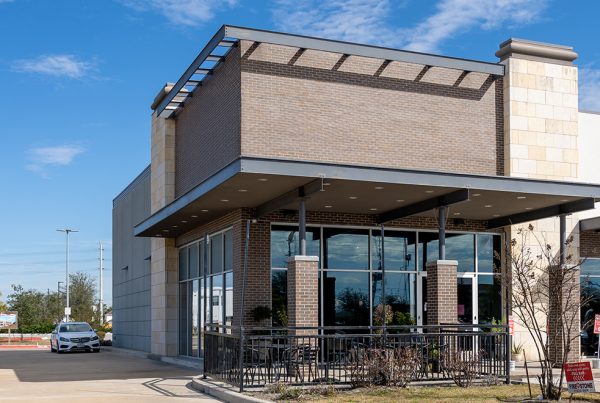
In a 1031 exchange, “like-kind” property refers to the requirement that the property being sold (relinquished property) and the property being acquired (replacement property) must be of a similar nature or character. However, contrary to popular misconception, the definition of “like-kind” is quite broad when it comes to real estate exchanges.
Under Section 1031 of the Internal Revenue Code, real property held for investment, business, or trade purposes can be exchanged for any other real property held for the same purposes. This means that a wide range of real estate properties can potentially qualify as like-kind, as long as they are not considered personal residences or properties held primarily for sale.
Here are some key points to understand about like-kind property in a 1031 exchange:
Real Property Only: Like-kind property refers specifically to real estate or real property. This can include various types of real estate, such as commercial properties, residential rental properties, vacant land, industrial properties, and even certain leasehold interests. The key consideration is that the properties involved are all real estate investments.
Broad Interpretation: The like-kind requirement is interpreted broadly, allowing for exchanges between different types of properties. For example, an investor can exchange a residential property for a commercial property, or a vacant land for an apartment building, or even an interest in a cooperative association as long as they are held for investment, business, or trade purposes.
Quality and Use: The like-kind requirement focuses on the nature or character of the properties rather than their quality or grade. The properties can vary in terms of location, size, condition, or other physical attributes as long as they are both real estate investments.
Timing: In a 1031 exchange, the investor has a specific timeframe to identify and acquire the replacement property. The identification must occur within 45 days of the sale of the relinquished property, and the acquisition must be completed within 180 days.
Use and Intent: It’s important to note that the investor’s intent and use of the properties play a crucial role in determining if they meet the like-kind requirement. Both the relinquished and replacement properties must be held for investment, business, or trade purposes. Personal residences or properties primarily held for sale do not qualify for a 1031 exchange.
While the like-kind requirement offers flexibility, it’s still essential to consult with qualified tax advisors and exchange professionals to ensure compliance with IRS regulations. They can provide guidance on identifying suitable replacement properties and structuring the exchange to maximize tax benefits within the like-kind parameters.






